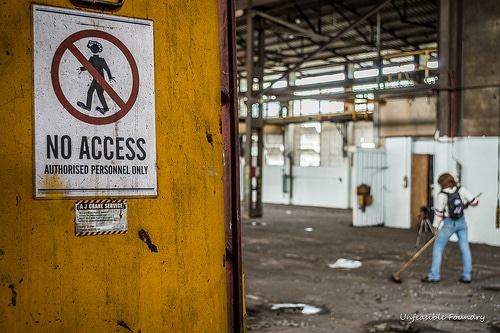In this article we will cover School grease trap cleaning. Schools are very important institutions in the United States. They are considered the foundation of future because the youth are molded through them. Running academic institutions is never an easy job. So many aspects should be considered and it never stops. Efforts continue from dusk to dawn, at school or at home. The worries are endless especially to those who make sure that the school is always in order. Since the school is perceived as a mold for future professionals, it is vital that everything positive is maintained and even enhanced in it.
To attract enrollees and motivate the ones already admitted, the school environment should be a pleasant one. This means that the grounds and the facilities should be spotless. It would be very encouraging as well to have the students participate in maintaining the cleanliness of the school. Cleanliness is known to be a virtue that should be applied by the youth in schools. Once cleanliness is practices in school, then they will carry it over to their homes, even when they finally move out and start their own lives. Living and studying in a clean environment develops the esteem and increases the motivation to do best.
Schools have always incorporated cafeterias into their system as part of improving the well-being of the staff and the students. Cafeterias serve sustenance to keep the students and everybody else moving to fulfill their tasks. Food is in constant demand and if there is food, there is FOG (fats, oils, grease). For the longest time, the US has been suffering from the FOG crisis and the school system is one of the major contributors to the worsening situation. FOG overflow is known to come in great amounts from schools because of their busy kitchens. With this, the owners of these academic institutions are mandated by the government to follow the grease ordinance. The ordinance is meant to protect the wastewater treatment facilities in every state. Each school in the country should have grease traps that are properly sized, inspected, and installed. The traps should also have legal permits and should be maintained on a regular basis.
Part of the maintenance is school grease trap cleaning. This should only be done my grease trap professionals. The wastes collected during the process should be disposed of by a licensed hauler. Regular cleaning is vital if the school environment should remain pleasant. When the school grease trap is clean, there are no FOG overflows, and everyone is kept safe from pathogens and pollution.
The administration could encourage their students to participate in preventing the amount of FOG from going beyond the capacity of the installed grease trap. They could be taught to dump the greasy leftovers in a sealable bin that could then be properly disposed of together with the rest of the trash. This would cut down the task of the cafeteria staff in half. When the dishes arrive in the wash area, the drains should already have been fitted with fine food meshes or strainers to catch the small pieces of food and grease so that they won’t enter the grease trap anymore.
School grease trap cleaning should be done with the use of bacteria. Chemicals and enzymes should not be purchased and utilized anymore because they only complicate things by emulsifying the FOG. When it leaves the grease trap, it then easily combines with the untreated effluent. The FOG cools in the pipe lines and sticks to the inner pipe walls, blocking the flow of wastewater towards the treatment plants. The effluent then backs up into the school premises. Bacteria are living organisms. They eat and break down the FOG and solid wastes found in the grease traps. They convert them into less detrimental compounds. School grease trap cleaning that uses bacteria on a regular bass will eliminate the odors as well. They have no chemical discharges so they don’t pollute the surrounding environment.
